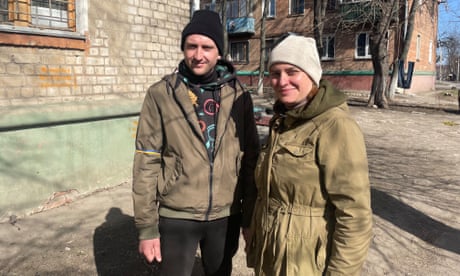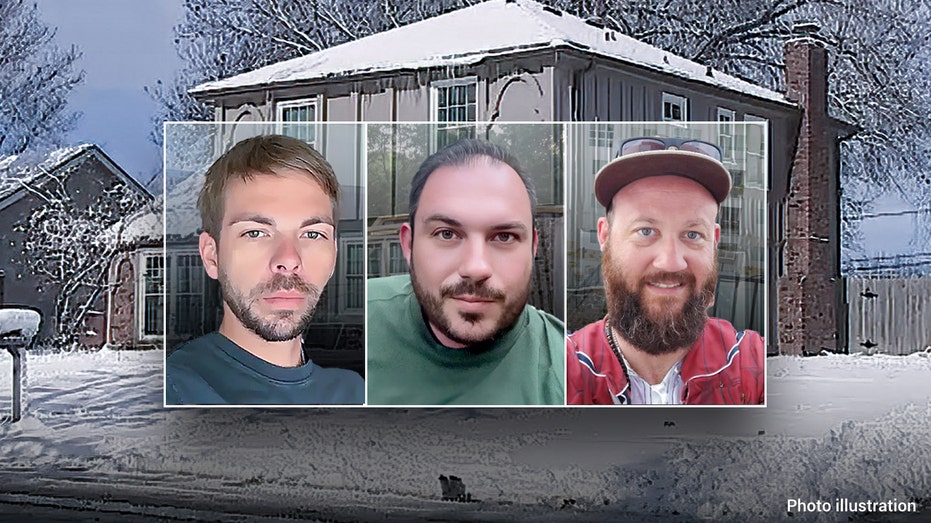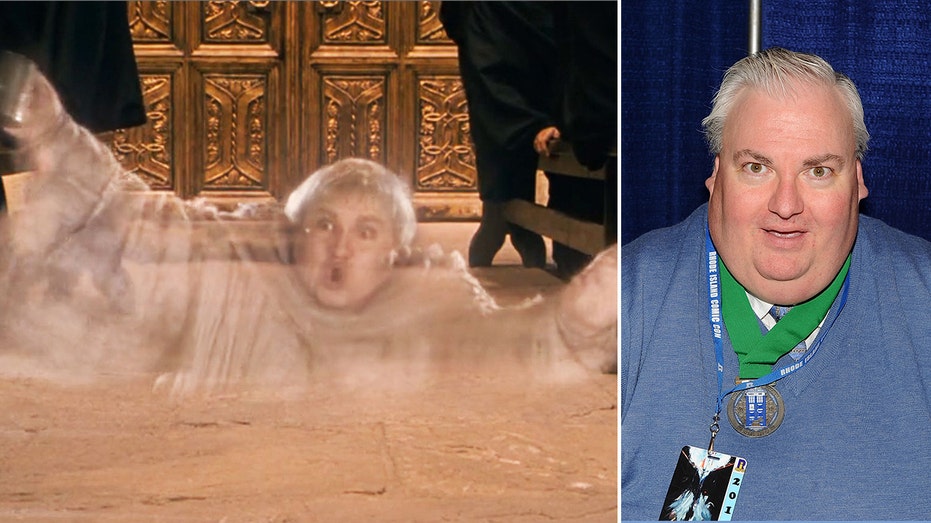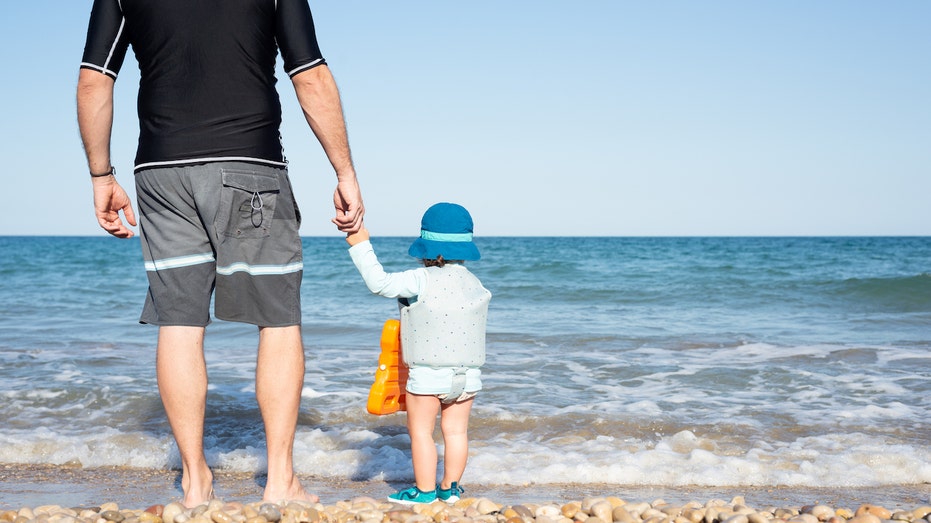- by foxnews
- 11 Mar 2025
Kharkiv citizens: ‘They can bomb us for as long as they want: we will withstand it’
Kharkiv citizens: ‘They can bomb us for as long as they want: we will withstand it’
- by theguardian
- 27 Mar 2022
- in news

The rubbish collectors in Kharkiv wear flak jackets now. Several of their trucks are peppered with shrapnel holes from shells that landed during their rounds. The bins they empty are packed with the shattered, twisted remains of homes destroyed by explosions.
But still, every morning they go out to keep Kharkiv clean. Ukraine's second city is perhaps the most-shelled target in the country after besieged Mariupol. Every day brings a hail of Grad rockets, cluster bombs, shells and missiles.
Hundreds are dead, thousands injured. The morgues cannot cope with the daily toll inflicted by Russia. At one city-centre facility, dozens of bodies, wrapped only in plastic bags or blankets, are stacked in a courtyard. Yet Kharkiv's people are determined that their city will stand, that life must continue among the ruins, even if for now it is a terrifying half-existence in the shadow of sudden death. And that means keeping the city clean.
"They can bomb us for as long as they want: we will withstand it," said Ihor Aponchuk, a driver whose collection round now takes in ghostly neighbourhoods of empty playgrounds and a shelled school just short of the front line.
A few hours after Aponchuk emptied the first set of bins near the Heroes of Labour metro station in eastern Kharkiv, a rocket hit people queuing for aid about 500 metres away, killing six and leaving the pavement smeared with blood. The next day the city's main Barabashovo market was set alight, and four died when a shell landed outside a clinic.
In Ukrainian cities less directly touched - or less terribly ravaged - by the war, there is a cheery defiance. In Kharkiv, death is too close and too frequent for that.
Men and women who are drawing on extraordinary reserves of courage to go about their lives, openly admit that the situation is terrifying.
Yet they and hundreds of thousands of others have chosen to stay in their "hero city" - a title first awarded to Kharkiv for its resistance to Nazi troops in the second world war, and bestowed again by President Volodymyr Zelenskiy this month for its courage standing up to Russia's invasion.
"We are scared, but we need to show people that the situation is under control and every day we are getting closer to victory," said governor Oleh Synyehubov, who spoke to the Observer while walking in a city centre park under light police guard.
Aponchuk, who has had a couple of near misses with Russian rockets, said: "I understand the fear." But Kharkiv has a reputation as a "clean city", and he believes keeping it that way is vital for morale, as well as public hygiene.
So he and over 250 others head out each day, risking their lives with a matter-of-fact dedication similar to that displayed by Londoners who kept milk deliveries going during the second world war's blitz.
"A driver came under heavy shelling the other day, so he drove back to base here, had a cup of tea, then went out on another route," said Oleksii Artikulenko, a city employee seconded a month ago to keep waste collection operating through the war.
Less than 40 miles from the Russian border, Kharkiv is traditionally a Russian-speaking town, and Moscow apparently expected its forces to be welcomed there. Instead they met heavy resistance.
Pinned into the city's north and east, they began targeting civilians and the centre, inflicting damage on everything from the zoo to the cathedral and a Holocaust memorial. A missile hollowed out Kharkiv's city hall. Rockets punched holes in apartment blocks and destroyed smaller homes. "When it was clear that they weren't going to be able to take it, they started a campaign of terror," Synyehubov said.
"Kharkiv will be even more beautiful, with better buildings and infrastructure, I have no doubt. The thing that upsets me is deaths. It is straightforward to restore things, but not to restore families."
Officials estimate that well over half of the city's 1.4 million population has left. Trains alone carried nearly half of them, 600,000 people, to the west, and many more left by car. But that still leaves a city of hundreds of thousands, living mostly inside, or underground, who have refused to go.
They want to keep the city's spirit alive for themselves, and to support soldiers on the front lines nearby, and they want to start rebuilding, or at least clearing up the wreckage of recent strikes, so that Kharkiv doesn't feel abandoned.
Serhiy, a fireman, spent his 29th birthday last Thursday clearing the shattered remains of the imposing Soviet-era city hall: 30 bodies have been pulled from the wreckage.
By evening, he said, he would be back on duty putting out fires:"I'll celebrate my birthday with a cup of tea. We haven't had a day off in a month. They have offered us a break but we don't want to take it."
Nearby, teams were sandbagging a 10 metre-high statue of poet and Ukrainian hero Taras Shevchenko. "For me the city was wonderful," said Yevhen Yurgens, 56, as he helped fill the sandbags. "Look how the Russians destroyed it. We want to protect it as much as we can."
The city feels like the end of the line for Ukraine's war. The highway from the industrial hub of Dnipro, which sweeps through rich farmland, is now virtually empty. You can drive for miles without seeing a car or lorry.
Reports of Russian ambush groups and shelling, even on the relatively safe southern approach to the town, make the journey tense, and people organising aid say they have trouble recruiting drivers to make the run.
So while the city is not officially under siege, it is running low on food and medicine. International organisations such as the UN and the Red Cross seem conspicuous mostly by their absence.
"We've been left to ourselves here essentially," says Synyehubov. "We get 100 tonnes of humanitarian aid each day, but 40 tonnes of it are clothes, which we don't need." They need five times as much food and medicine as they are getting.
For now, the city's more vulnerable residents are being kept alive largely by informal networks of volunteers like Tetiana Medveyeva, 33, and Stanislav Manilov, 28. The couple went to the station on the first day of the war, planning to head west, but ended up staying.
"We saw so many people trying to get on the train with their pets and families," Manilov said. "We looked each other in the eyes, and agreed that others needed to leave more than us. And at that point we decided not to go, and to be useful here."
They connected with some activists they knew before the war, and began preparing food packages for the old and disabled who might struggle to leave home or afford food, paid for by private donations raised online.
"We have been doing this since 26 February, and it feels like it has been going on forever." They spend their mornings buying and packing food bags, and the afternoons handing them out. With most jobs vanished overnight, and old people unable to get their pensions from closed post offices, the scale of the need is terrifying.
When their van draws up, people will come running to secure a bag containing pasta and a couple of cans of fish and meat. "In other areas, people are more desperate," Medveyeva said. "They attack the van, and shout at us if they don't get food."
A month ago she was an administrator and he worked in an architectural design company. Now they live off dwindling savings and, increasingly, the food packages they prepare for other vulnerable locals. They are so used to driving around under bombardment they don't flinch even when shells land nearby.
"We don't have a normal reaction any more," Medveyeva said.
- by foxnews
- descember 09, 2016
High-end vacation resort bans children to achieve 'tranquil environment'
The Alila Marea Beach Resort, located in Encinitas, California, has announced that it's no longer accepting kids and is transitioning to an adults-only vacation spot.
read more


